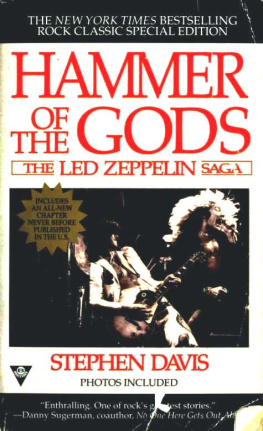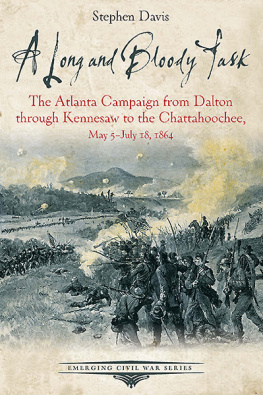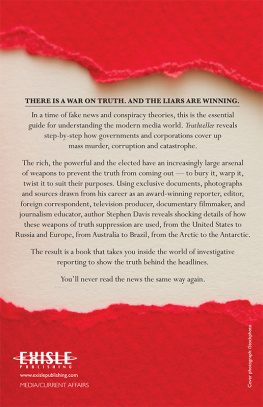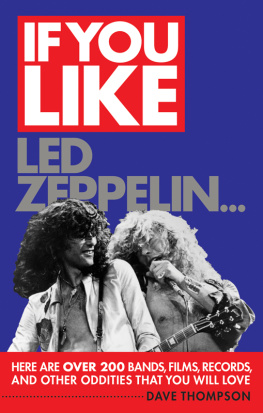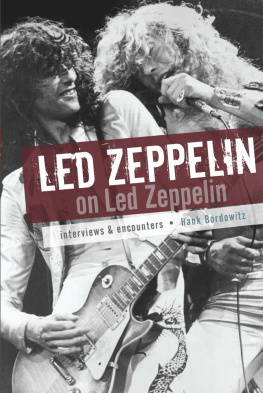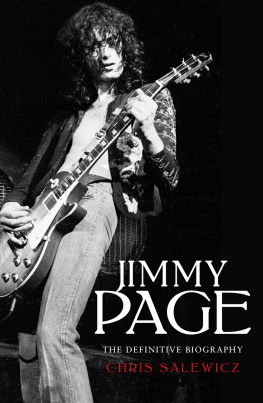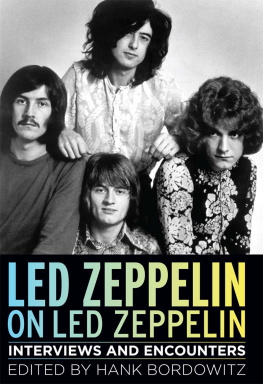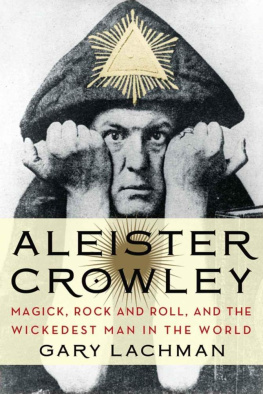"I want to believe Hammer of the Gods because it's done us huge favors in terms of aura."
C.B.D.
Where'er I roam, whatever realms to see. My heart untraveled fondly turns to thee.
DAILY CHRONICLE* READERS ARE COVERED AGAINST THE RISKS OF BOMBARDMENT BY ZEPPELIN OR AEROPLANE
BRITISH WAR POSTER C. 1915
OVERTURE
The maledicta, infamous libels, and annoying rumors concerning Led Zeppelin began to circulate like poisoned blood during the British rock quartet's third tour of America in 1969. Awful tales were whispered from one groupie clique to another, as Led Zeppelin raided their cities and moved quietly on. Devon and Emaretta might have heard them first in New York; they rang up the beautiful Miss Pamela and the other GTOs in Los Angeles, and then maybe the Plaster Casters in Chicago, and soon all the rock courtesans from the Tea Party to the Whisky were telling each other these stories ... about how Led Zeppelin sustained itself on the road by drinking vaginal secretions direct from the source; about Led Zeppelin eating women and throwing the bones out the window; about tumescent girls immersed in tubs of warm baked beans before coitus. In Los Angeles the girls staggered out of Sunset Strip hotels by first light of morning and carried preposterous lore back to Hollywood and the Valley, lurid accounts of invocations and gyromancy in candle-lit hotel suites, of maidens publicly banged on tabletops in raunchy rock scene nightclubs, of the beating of women, of sex magic and endless orgies.
They talked about the drunken girl in the seaside hotel in Seattle who let Led Zeppelin drub her with a dead shark while Vanilla Fudge's super-8 camera rolled. In New Orleans there were improbable yams of Led Zeppelin's dalliances with the French Quarter's flamboyant drag queen population. In a documentary called Groupie, one girl raved dementedly about the guitarist's prowess with a whip.
The groupies told their Little sisters. Word spread to the high schools. Led Zeppelin had a sweet tooth. Led Zeppelin was dangerous.
And these rumors weren't even so bad, considering the times: America, especially Southern California, 1969. Nixon in the White House; genocide in Vietnam; Charles Manson out in Death Valley, frustrated by the music business, waiting to send one of his rat patrols of field hippies into Beverly Hills to kill record producers and chop them up. These were witchy times. Led Zeppelin's antics were merely the sadistic little games of young English artistes loose in the United States with dirty minds and unlimited resources. They set an unattainable standard of depravity, mystique, luxury, and excess for the rock bands that tried to follow them, but by the cold light of day they were all really quite nice, even gentlemen.
But there was always something else whispered about Led Zeppelin, something more sinister than a rock group's after-hours vices. The worst rumor was the one that all the girls had heard, coast to coast. Don't quote me, the girls said (and still say), but Led Zeppelin sold their souls to the Devil in exchange for their instant success, their addictive charisma, their unbelievable wealth. The girls devoutly believed this. Led Zeppelin's purported Faustian bargain with Satan. Just look, they said. During their decade-long prime in the 1970s, Led Zeppelin was the biggest band in the world, representing the booming record business at its peak as its biggest act. There was something magical, unnatural about Zeppelin's rise to power. Now they couldn't have done this by themselves, it was said.
There was also a catch to this absurd fable. One of the four Zeppelin musicians, the giris insisted, wouldn't sell his soul to the Devil. One of them said no, and refused to sign in blood. And, the giris pointed out, look what happened (or did'nt happen) to the one who sat out the deal. He was the band's outsider, and avoided the spotlight. He didn't even travel with the band when he could avoid it. He wouldn't let himself be... manipulated. And, years later, after all the deaths and disasters had befallen Led Zeppelin and the group had dissolved in shame and remorse, he was the only one to survive, almost unscathed.
But the story about Led Zeppelin's supposed deal with the Devil has a strong basis in popular musical tradition, especially considering that the group started out playing the blues. In fact all the young English musicians to flood America in the wake of the Beatlesthe Rolling Stones, Animals, Yardbirds, and Kinks in the first wave; Cream, Fleetwood Mac, Jeff Beck, and Led Zeppelin in the second considered themselves blues scholars. Before most of them ever set foot onstage, they had spent months and years locked in bedrooms playing old records, absorbing the classic U.S. blues of Blind Lemon Jefferson, Big Bill Broonzy, Skip James, Leadbelly, and Muddy Waters. Later they discovered Elmore James, Sonny Boy Williamson, and Robert Johnson, king of the Delta blues singers, the possessed and demonic musician who embodied the folkish idea of the blues as the Devil's music. In the Delta of the Mississippi River, where Robert Johnson was born, they said that if an aspiring bluesman waited by the side of a deserted country crossroad in the dark of a moonless night, then Satan himself might come and tune his guitar, sealing a pact for the bluesman's soul and guaranteeing a lifetime of easy money, women, and fame. To this day, the blues singer is somewhat taboo in his community in the American South.
Robert Johnson was the most crucial blues musician who ever lived, and people murmured that he must have waited by the crossroad and gotten his guitar fine-tuned. Born in Robinsonville, Mississippi (about forty miles south of Memphis), about 1911, Robert grew up listening to the original country blues minstrelsCharley Patton, Son House, and Willie Brown. By the time he was twenty, Robert had learned to make his guitar cry and moan by sliding the broken neck of a glass bottle along the strings. By 1935 the enigmatic and secretive young musician had invented a ringing, percussive guitar style and wrote or collected a cycle of songs that later became the raw material for rhythm and blues, rock and roll, and rock music. He cut violent love songs like "32-20 Blues" and "Kindhearted Woman" and bitter songs of loss like "Love in Vain." There were lighter tunes of punning sexual imagery, like "Terraplane Blues" and "Travelling Riverside Blues," where Robert commands his paramour to squeeze his lemon till the juice runs down his leg, a lyric trademark of Robert Plant forty years down the road. But Robert Johnson's trademark was the desperate sense of conviction in his harrowing songs of diabolic pursuit. In "Me and the Devil Blues" he confesses: "Me and the Devil were walking side by side/I'm going to beat my woman till I get satisfied." And anyone who listens to even the scratchy, sixty-year-old recording of "Hellhound on My Trail" can experience the panicky strain through which Robert Johnson delivered his most chilling lines: "I've got to keep on moving/blues falling down like hail/I can't keep no money/Hellhound on my trail."

